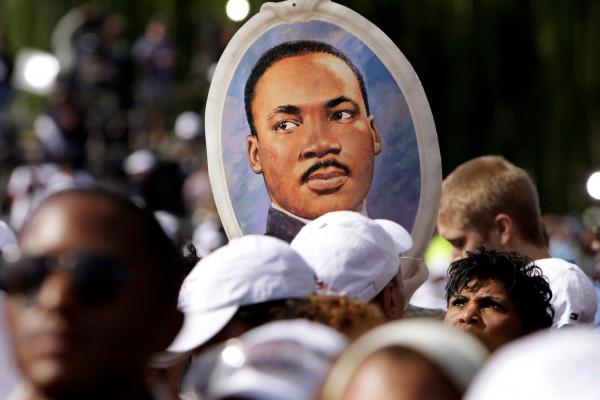Jan 13, 2022
In order to understand King's life and legacy, it is critical that his activism be understood in the context of his call as a minister. In 1956 a sermon titled, “Paul's Letter to American Christians,” King called for a “better distribution of wealth.” He also asserted that “God never intended one people to live in superfluous inordinate wealth, while others live in abject deadening poverty.” Holistically interpreting King’s theological work as a pastor, public theologian, and faith leader requires grounding his anti-capitalism in his self-identification as a “minister of the Christian gospel.”
Read the Full Article

Already a subscriber? Login
